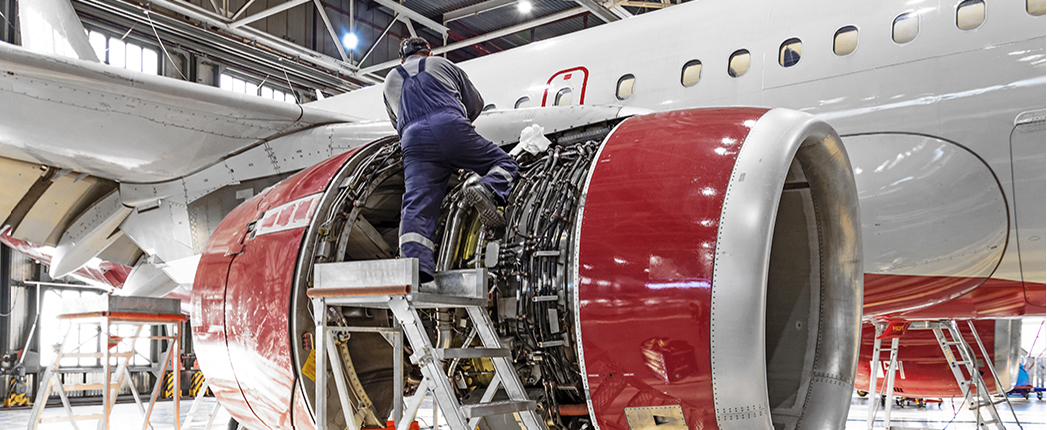
Shell’s commitment to net zero-emissions by 2050 applies throughout its supply chain. Its offerings now include sustainable aviation lubricants, a unique niche of the industry, the company announced in a recent news release.
“The new lifecycle sustainability approach will be included as standard across the full AeroShell product range, including turbine engine oils, piston engine oils, greases and fluids, for both the commercial airline and general aviation markets,” the company said.
The company emphasized that it will organise its aviation lube production from now on with the same sustainable approach as applied in its aviation fuels. It has to be with reduced carbon emissions, optimized product design and circularity into the product packaging. In addition to improved energy efficiency of the facilities and use of renewable energy.
“While SAF and fuel efficiency are rightly highlighted as key levers to decarbonize aviation, for the aviation sector to reach net zero it must address emissions from all aspects of aircraft operations in order to decarbonize – so this means lubricants too,” said Vincent Begon, general manager of Shell’s aviation lubricants.
SAF stands for sustainable aviation fuel. Refiners produce SAF from sustainable feedstocks and is very similar in its chemistry to traditional fossil jet fuel. Using SAF helps reduce an airlines overall carbon emissions.
Typical feedstocks used in production of SAF are cooking oil and other non-palm waste oils from animals or plants. Producers also use solid waste from homes and businesses, such as packaging, paper, textiles, and food scraps that would otherwise go to landfill or incineration. Other potential sources include forestry waste, such as waste wood, and energy crops, including fast growing plants and algae.
Begon acknowledged that unlike fuel, the fundamentals of lubricants mean that they are challenging to decarbonize, however.
“A lot of effort has gone into developing this new proposition, including working with original equipment manufacturers, distributors and other key players across the industry. This is an important development for our aviation lubricants business, and one that we are confident will provide genuine value for our customers as we support them in decarbonizing,” he said.
This industry is unique. It is strictly regulated with high safety and material composition requirements in the lubricant specifications. These specification change along with the development of airframe design and equipment. Qualification of new product sometimes is a decade long process, according to ExxonMobil. This means there are few players in the segment. Shell is among a handful international marketers, including BP, ExxonMobil and Chevron, that produce such specialty products as aviation lubes.
“As aircraft equipment evolves, so do the lubricants. Turbine oils are exposed to much wider temperature ranges, from -73°C to 200°C. The restrictive and regimented regulatory environment for aviation is like nothing else,” the company said on its website.

Sorry, a technical error occurred and we were unable to log you into your account. We have emailed the problem to our team, and they are looking into the matter. You can reach us at cs@lubesngreases.com.
Click here link to homepage